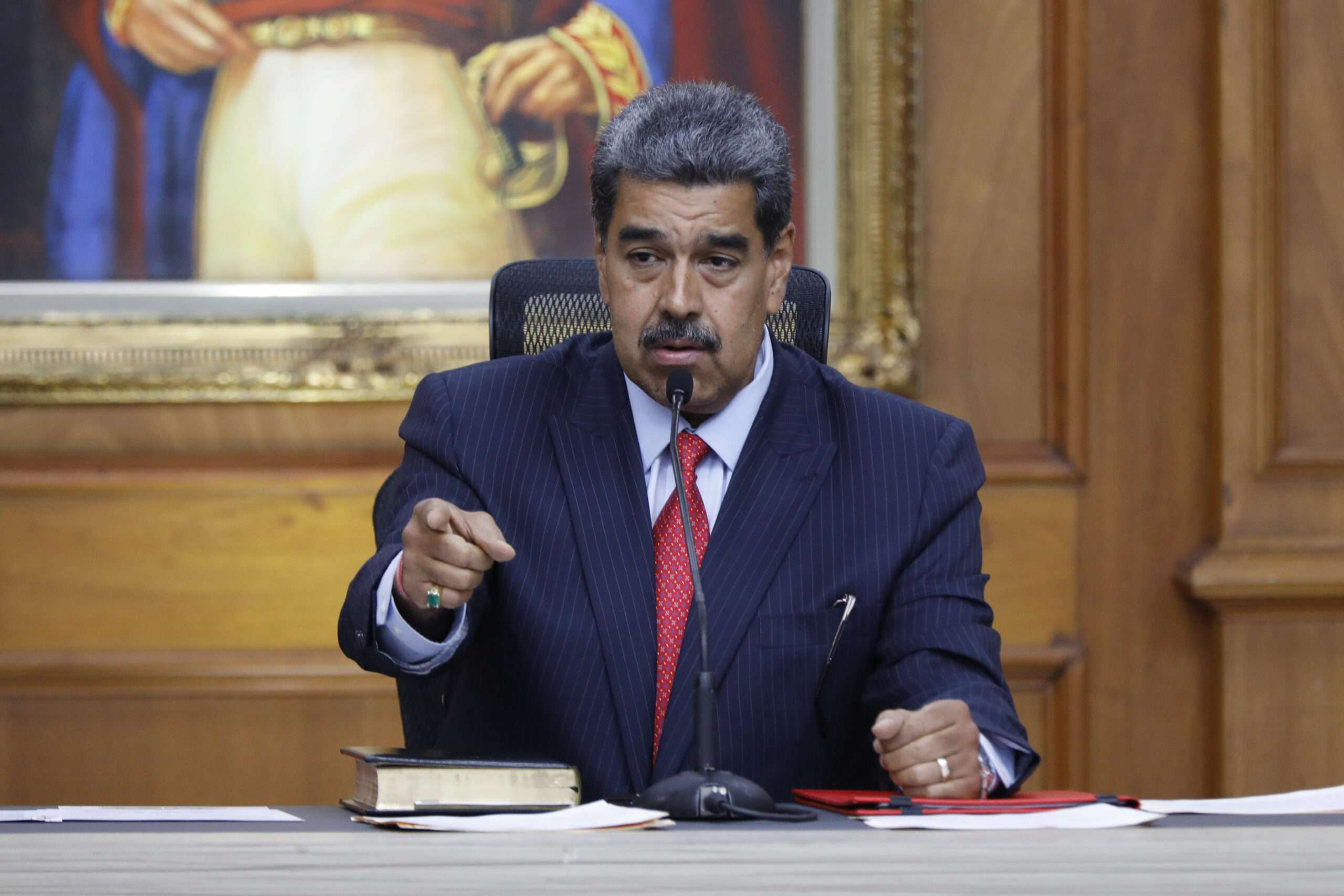Despite facing obstacles from an authoritarian regime, Venezuelans defied the odds by turning out in large numbers to vote for their president last Sunday. They are hoping for change amidst political repression and a humanitarian crisis. The U.S. is closely involved in this situation, as the contested election results highlight significant geopolitical implications that could impact American interests.
The government-controlled electoral commission declared Nicolás Maduro as the winner of the election with 51 percent of the votes. However, exit polls and opposition tallies suggest that over 70 percent of Venezuelans supported the opposition candidate, Edmundo González.
Global governments have denounced the election as fraudulent and demanded evidence of Maduro’s victory. Leaders like Argentine President Javier Milei and Italian Prime Minister Giorgia Meloni have expressed solidarity with the Venezuelan people’s desire for change.
U.S. Secretary of State Antony Blinken has echoed these concerns, stating that the election results do not reflect the true will of the Venezuelan people. The U.S. officially recognizes González as the legitimate winner of the Venezuelan elections.
Protests erupted nationwide in response to the disputed election, leading to clashes with security forces, numerous arrests, and at least 17 deaths. Statues of former president Hugo Chávez were toppled during the unrest.
Strategic Concerns for the U.S.
Supporting the democratic aspirations of Venezuelans is crucial for U.S. interests, as a free Venezuela can address key policy concerns like illegal migration, market opportunities, and security risks in the region.
If Maduro remains in power, the U.S. could face a surge in migration from Venezuela. Surveys indicate that over 40 percent of Venezuelans plan to leave the country if Maduro continues as president, posing a significant challenge to U.S. immigration systems and infrastructure.
American businesses stand to miss out on lucrative opportunities in Venezuela if Maduro retains power, particularly in the country’s oil and uranium sectors. Investing in Venezuela’s energy resources could enhance U.S. energy security and stabilize energy prices.
Maduro’s rule could also strengthen the presence of U.S. adversaries like Russia, Iran, and China in the region, posing security concerns for American businesses and international trade. Strengthening relationships with rogue states close to the U.S. border could further complicate matters.
To address these challenges, U.S. policymakers should consider a more strategic approach, reassessing institutions like the United Nations and Organization of American States. Measures should be implemented to prevent regimes from exploiting international agreements, and the effectiveness of sanctions should be reevaluated to ensure they produce the desired outcomes.
Failure to tackle these issues could empower autocrats globally, jeopardizing U.S. national security, economic stability, and diplomatic relations.





